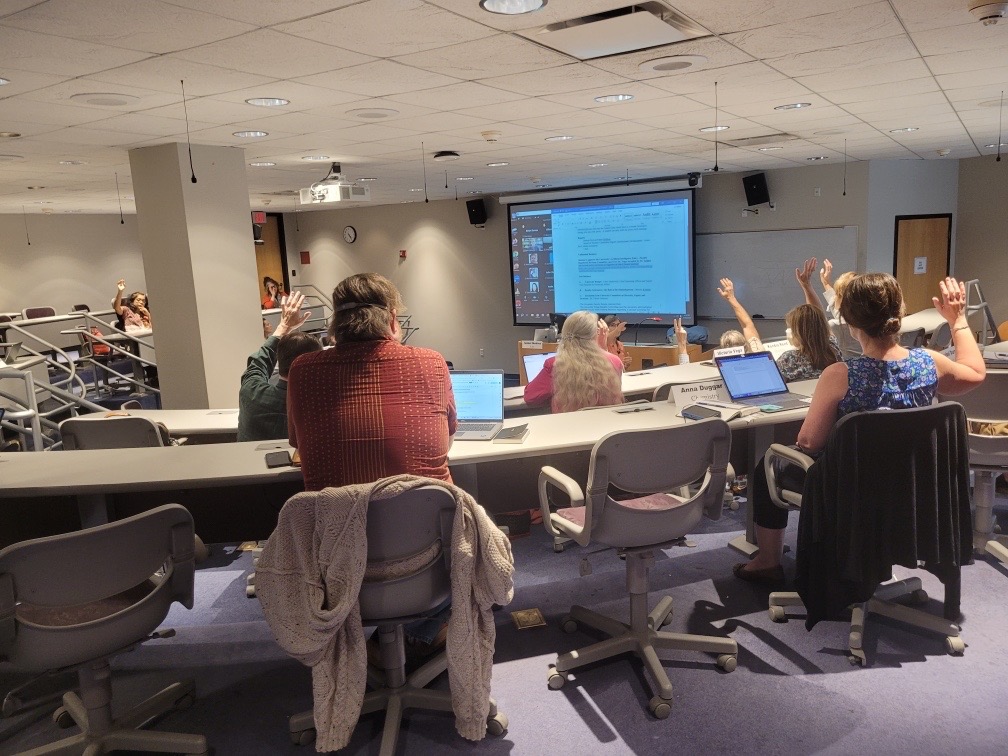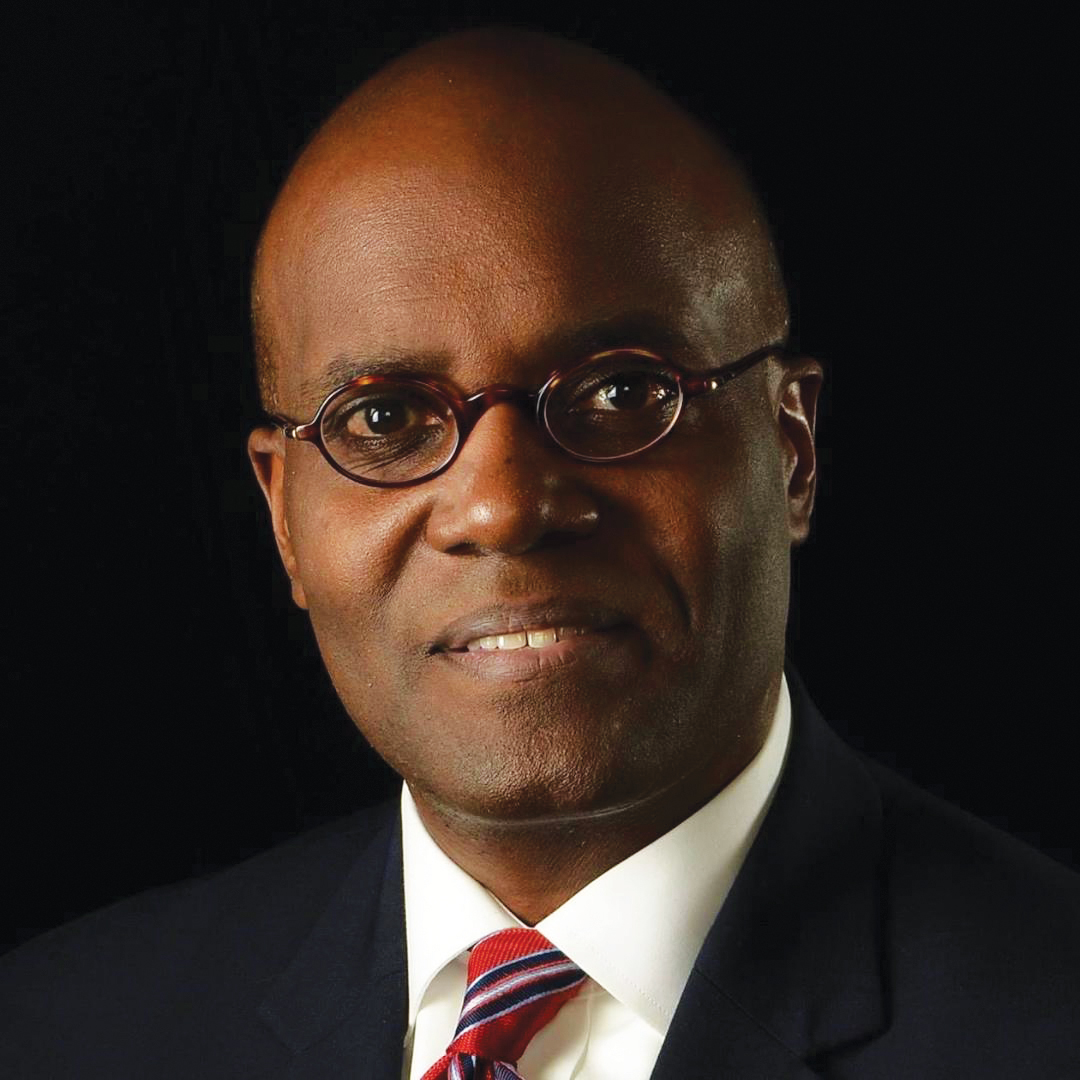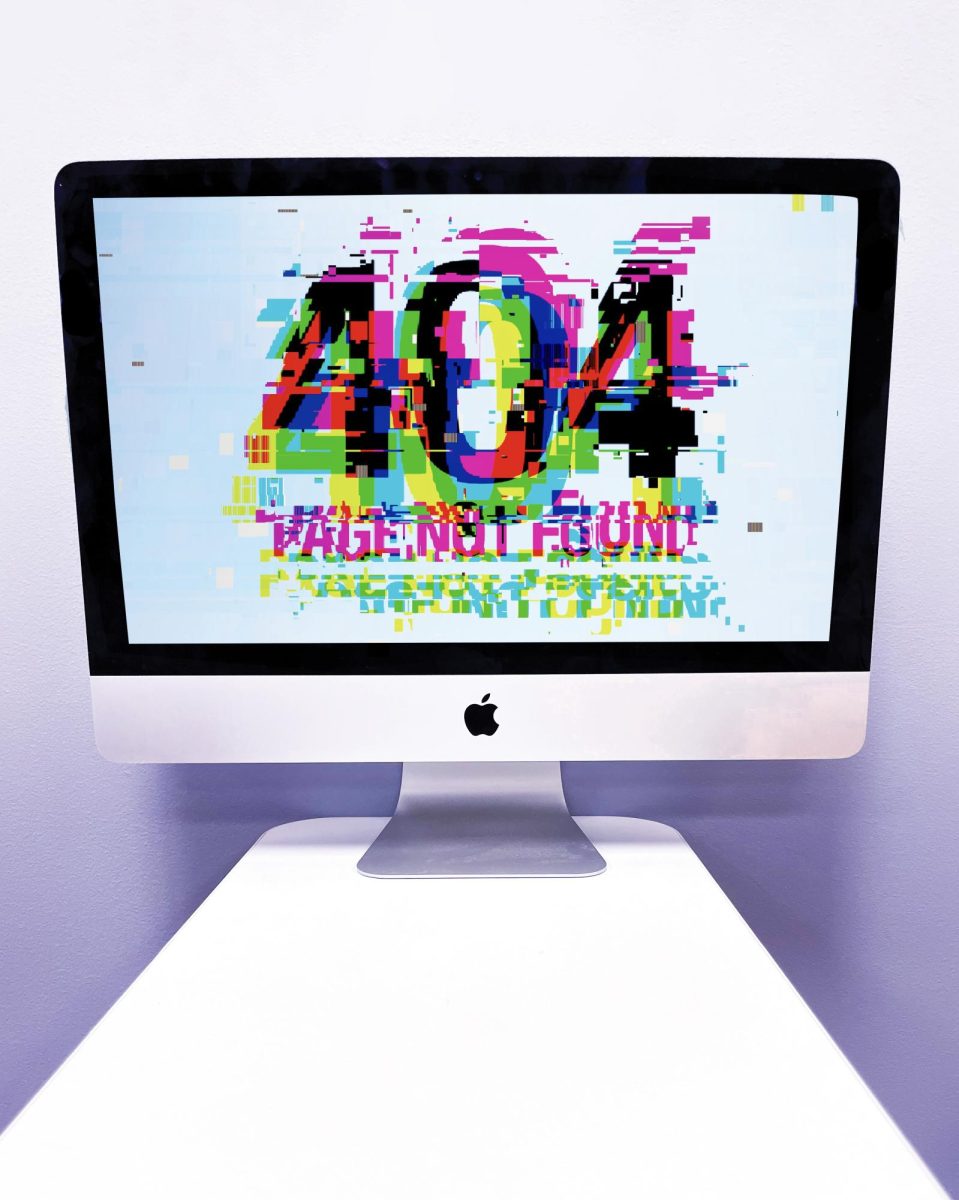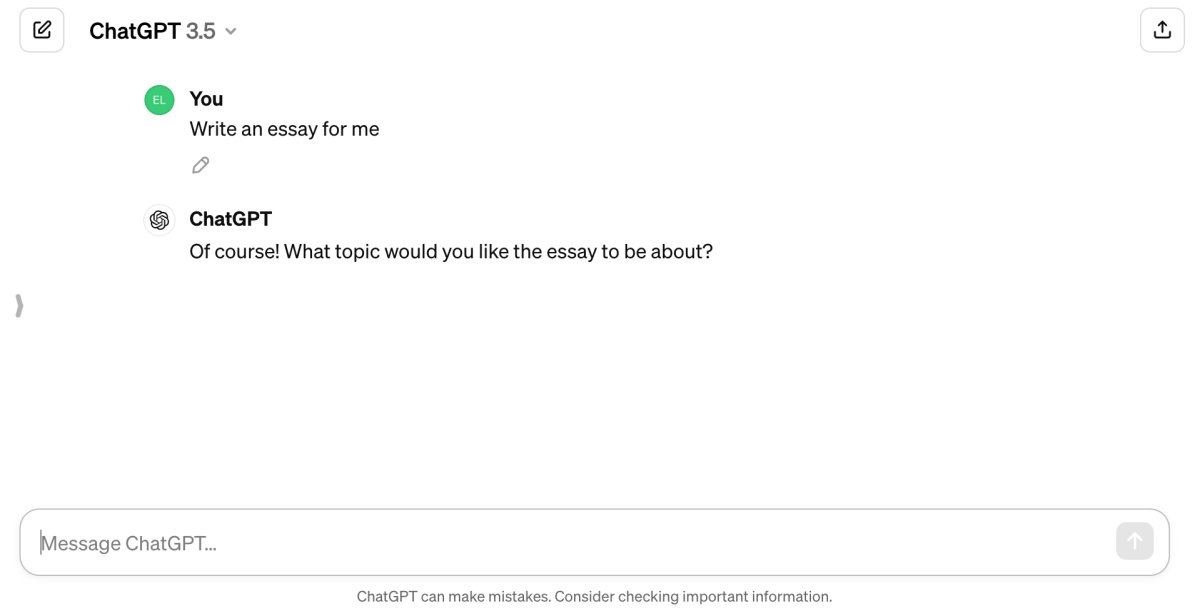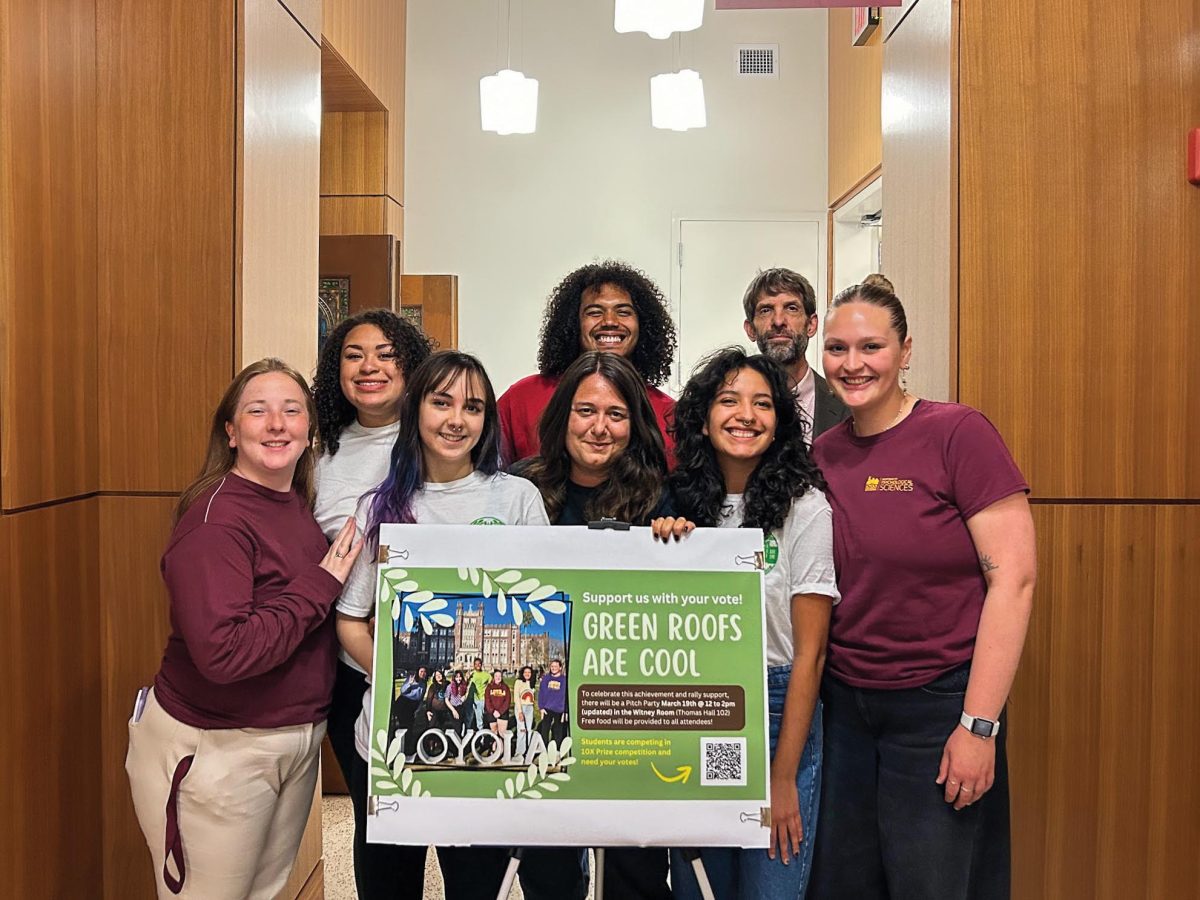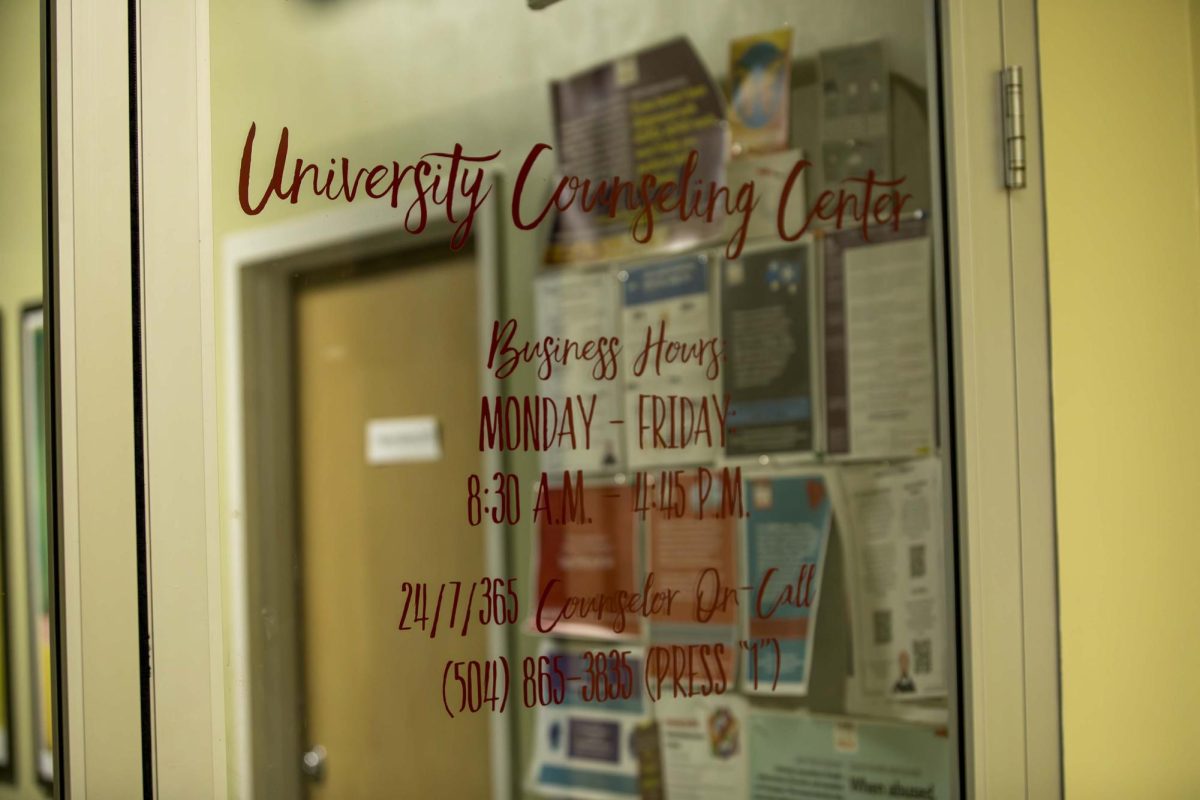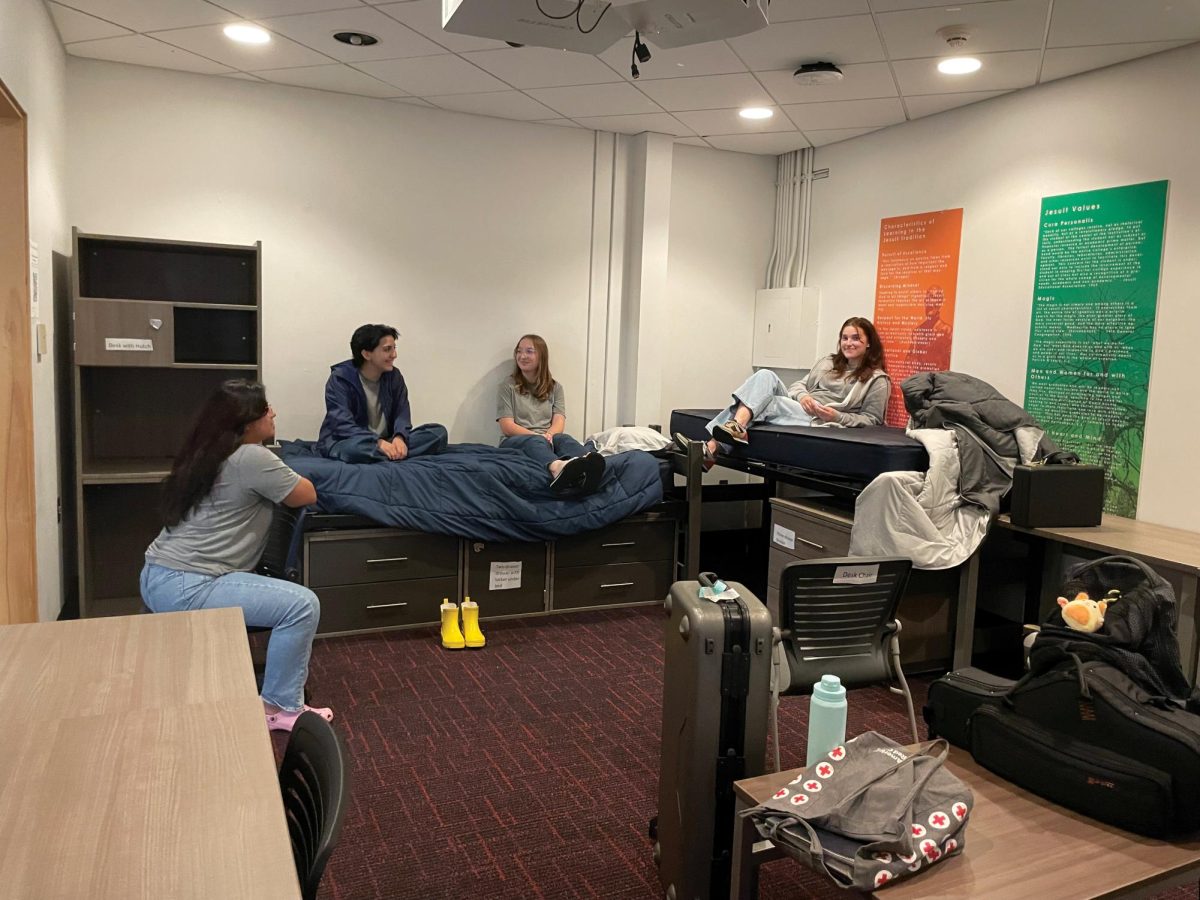The Loyola freshman class of 2017 won’t take Introduction to Philosophy; they’ll take Philosophy of the Human Person. Nor will they take Critical Reading and Writing; instead, Argumentative Writing.
Although these changes may seem minor, they represent a bigger shift—the implementation of a new common curriculum in the fall of 2013. Since 2009, a task force has met regularly to form, work on and perfect this new curriculum.
A science lab, a new ethics course and a difference in the required hours of religion and philosophy are several changes that the working model shows.
“I have noticed that students sometimes seem unconcerned because the changes will not affect the classes they have to take,” said history senior Garrett Fontenot, student member on the Common Curriculum Implementation Task Force. “But their future peers will be affected by it, and some current students will be involved with evaluating the changes to the curriculum once they go into effect.”
Loyola’s required core courses form the “cornerstone of its distinctive Jesuit tradition,” the proposed curriculum’s mission statement said. Loyola is one of several Jesuit universities that have gone back to look at the common curriculum recently, according to Don Hauber, chairman of the Common Curriculum Implementation Task Force and biology professor.
“Departments have gone back to rethink what they teach,” said Jo Ann Moran Cruz, dean of the College of Humanities and Natural Sciences. Cruz is a member of the task force.
The committee hopes to form a curriculum that continues to express the Jesuit ideals, Hauber said.
“We wanted more flexibility with our new curriculum,” Hauber said. “More streamlined, and not as many required hours. Initially, our ideal curriculum was 60 hours. We can’t do a curriculum with 60 hours. So then, we looked at how we could condense and combine.”
The proposed working model shows a curriculum with 42 to 45 credit hours, where the current curriculum has 45 hours.
“It’s going to be better. All the pluses and the goals of the current common curriculum will still be there, too,” Hauber said.
The rubric used while reviewing which courses to teach includes Exploration of Diversity, Ethical Reasoning, Creative Thinking and Global Understandings. Thinking critically and acting justly are the two greater aims of the new curriculum, Hauber said.
Another credit that will formally be listed on the new curriculum is the first-year seminar. First taught in 2009, these freshman classes were the initial step toward the new common curriculum.
Topics range from “Anime: Cinema and Culture” to “What Does the Bible Really Say,” and freshmen learn about not-so-typical classroom topics in a smaller setting. Most people are very happy with the seminars, Hauber said.
Mass communication freshman Allison McElligott said she enjoys the conversations and life lessons she finds in her seminar, “Tell It Again: Texts, Adaptation and Social Change.”
“We’re reading books in different ways than I’ve ever read books before, putting them into this cultural, historical and social context. You don’t really think about these things otherwise,” she said.
These seminars, together with classes that are currently being examined, will make up the new curriculum. Fontenot said it has great strengths.
“It ensures that all students get as close as possible to the same educational experience during their time at Loyola,” Fontenot said.
Despite the changes, all common curriculum courses share a similar purpose.
“The beauty of the current common curriculum is that we are passionate about the courses we teach. What we’re trying to do is continue great things, and make for a more interdisciplinary learning,” Hauber said.
Cherie LeJeune can be reached at [email protected]







